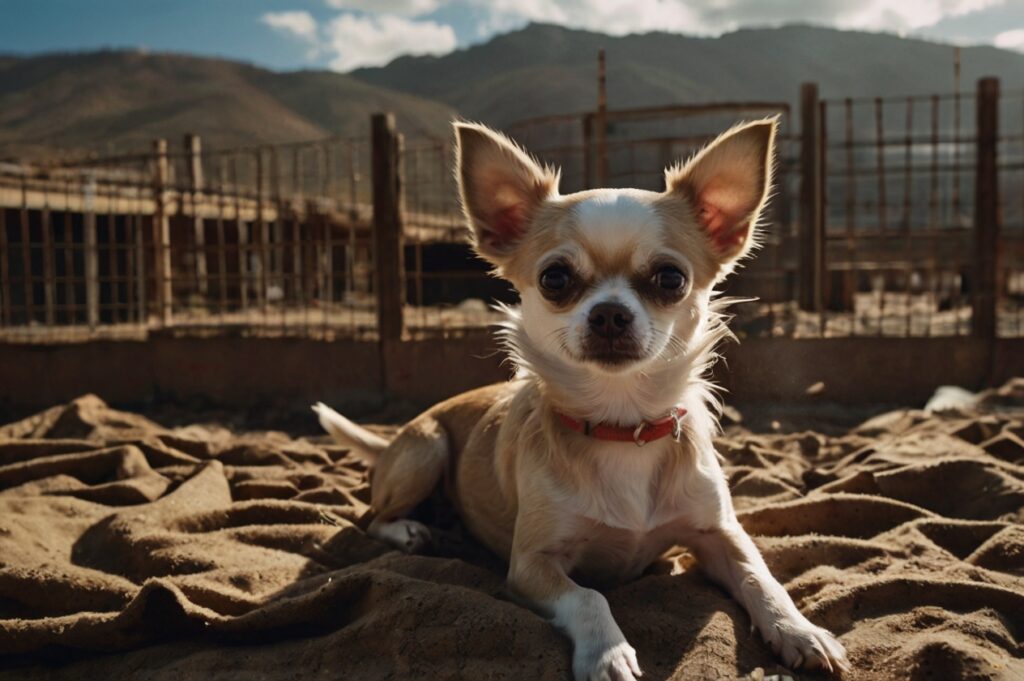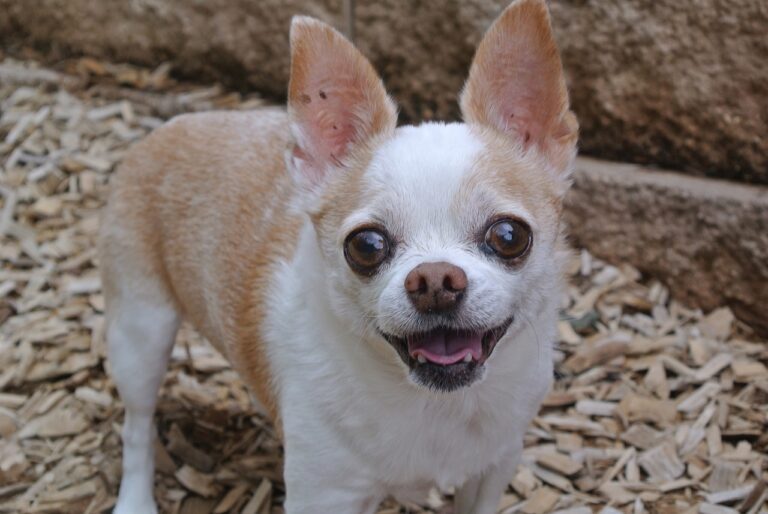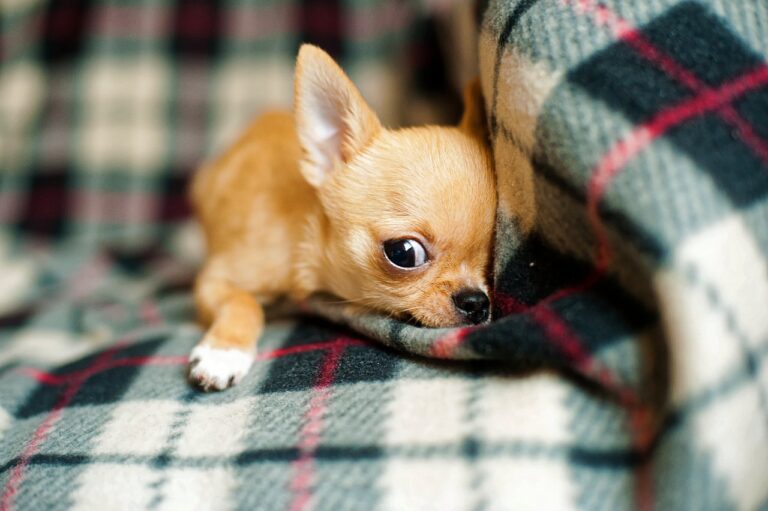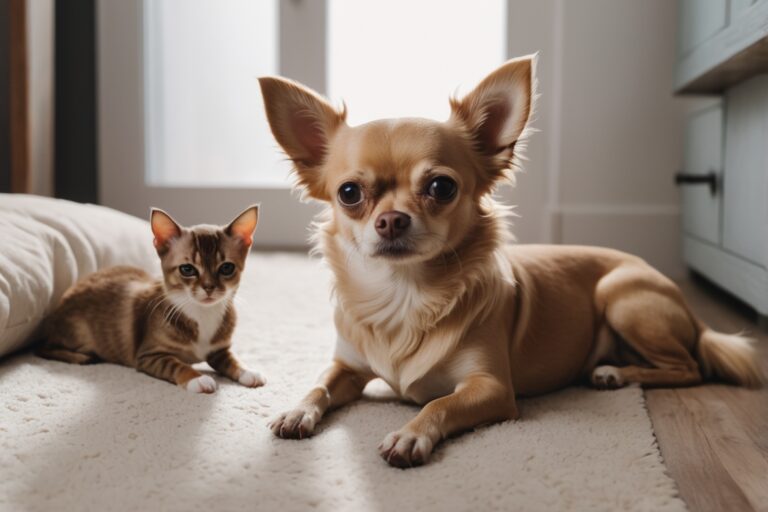Chihuahua Dos and Don’ts: Essential Tips for Owners

Key Takeaways:
- Proper training and socialization are crucial for a Chihuahua’s well-being. By setting clear boundaries and providing positive reinforcement, you help your Chihuahua grow into a well-behaved companion.
- Avoid overprotecting your Chihuahua. Allowing them to explore their environment can help build confidence and prevent behavioral issues like anxiety or aggression.
- Learning what to do and what not to do helps create a happy and healthy environment for your Chihuahua, reducing the risk of unwanted behaviors and enhancing their quality of life.
1. Dos for Chihuahua Owners
When owning a Chihuahua, it’s essential to know what you should be doing to ensure their happiness, health, and comfort. Following these dos can help you raise a well-behaved, confident dog that fits well into your household.
1.1 Socialize Your Chihuahua Early
One of the most important things to do as a Chihuahua owner is to socialize your dog from a young age. Chihuahuas have a reputation for being fearful or aggressive towards strangers, but early socialization can help prevent these behaviors. Exposing your Chihuahua to different people, environments, and other animals helps them develop the confidence they need to thrive.
Socialization is best done during puppyhood but can be beneficial at any age. Make sure to introduce your Chihuahua to new experiences in a controlled and positive way to avoid overwhelming them. Gentle exposure to different stimuli can prevent anxiety and help your Chihuahua become a more balanced and well-adjusted pet.
1.2 Use Positive Reinforcement Training
Positive reinforcement is the most effective way to train your Chihuahua. Chihuahuas can be stubborn, and traditional punishment-based training methods often do more harm than good. By using rewards, such as praise, treats, or toys, you can encourage good behavior and create a strong bond with your dog.
Training sessions should be short and enjoyable, as Chihuahuas can lose interest quickly. Consistency is key, and reinforcing positive behaviors will make training more successful. Positive reinforcement also helps build your Chihuahua’s confidence, making them more likely to learn and follow commands.
1.3 Provide Mental Stimulation
Chihuahuas are intelligent dogs that thrive on mental stimulation. Providing activities like puzzle toys, interactive games, or simple tricks can help keep their minds engaged and prevent boredom. A bored Chihuahua may develop unwanted behaviors, such as excessive barking or destructive chewing.
Regular mental exercises are just as important as physical ones for maintaining your Chihuahua’s health. Consider teaching your dog new tricks, hiding treats around the house, or providing toys that challenge their problem-solving abilities. Engaging your Chihuahua mentally helps them feel more content and reduces the likelihood of them engaging in negative behaviors.
| Do for Your Chihuahua | Benefits |
|---|---|
| Socialize Early | Builds confidence, reduces anxiety |
| Positive Reinforcement | Encourages good behavior, strengthens bond |
| Mental Stimulation | Prevents boredom, reduces unwanted behavior |
2. Don’ts for Chihuahua Owners

Knowing what not to do is just as crucial as understanding the right actions to take. Avoiding common pitfalls will help ensure that your Chihuahua remains healthy and well-adjusted.
2.1 Don’t Encourage Over-Dependence
It can be tempting to carry your Chihuahua around everywhere or shield them from every new experience, but this can lead to over-dependence. Chihuahuas that are not allowed to explore their environment often develop separation anxiety, making it difficult for them to be alone without experiencing stress.
Instead of overprotecting your Chihuahua, encourage them to walk on their own, explore new environments, and meet other dogs. Building their confidence will make them less prone to anxiety and more adaptable to changes in their surroundings.
2.2 Avoid Harsh Training Methods
Chihuahuas are sensitive dogs, and using harsh training methods, such as yelling or physical punishment, can lead to fear and aggression. It is essential to avoid these methods, as they can damage the bond you have with your dog and make training more challenging.
Instead, stick to positive reinforcement and be patient. Chihuahuas respond well to praise and rewards, and building trust will help them feel safe and secure. Always focus on rewarding good behavior rather than punishing mistakes.
2.3 Don’t Skip Daily Exercise
Despite their small size, Chihuahuas need regular exercise to stay healthy and prevent boredom. Skipping daily walks or playtime can lead to behavioral issues, including anxiety, restlessness, and excessive barking. Chihuahuas are energetic dogs that need a way to release their energy.
Daily exercise doesn’t need to be extensive—short walks, play sessions, and games in the yard are often enough to keep them happy. Physical activity helps maintain a healthy weight and keeps their minds engaged, reducing the risk of boredom and destructive behaviors.
3. Key Things to Keep in Mind

- Training Consistency: Consistency is essential when training a Chihuahua. Their small size often makes owners overlook bad behaviors, but consistent training helps reinforce good habits.
- Positive Social Interactions: Make sure your Chihuahua has positive interactions with other dogs and people. Early and regular socialization prevents the development of anxiety or aggressive behaviors.
- Avoid Spoiling: While it can be easy to spoil such a small dog, avoid overindulging your Chihuahua. Letting them get away with unwanted behaviors can lead to problems later on, including aggression and resource guarding.
3.1 Training Consistency
Consistency is one of the most important aspects of training a Chihuahua. Since they are small, many owners let them get away with behaviors they would not tolerate in larger dogs, such as excessive barking or snapping. However, this inconsistency can lead to a Chihuahua that is difficult to manage.
Set clear rules for your Chihuahua and ensure that everyone in the household follows them. Whether it’s not jumping on furniture or waiting before going out the door, maintaining consistent expectations helps your Chihuahua understand boundaries and improves their overall behavior.
3.2 Positive Social Interactions
Encouraging positive social interactions with other dogs and people is vital for a Chihuahua’s emotional health. Poorly socialized Chihuahuas can become fearful or even aggressive towards strangers, making socialization an essential part of their upbringing.
Expose your Chihuahua to different environments, people, and dogs in a controlled manner. Always make sure that these experiences are positive, as a bad experience can make your Chihuahua fearful. Socializing your Chihuahua regularly will make them more confident and comfortable in new situations.
3.3 Avoid Spoiling Your Chihuahua
Chihuahuas are adorable dogs, and many owners find themselves overindulging their pet. However, spoiling a Chihuahua can lead to behavioral issues, such as possessiveness or aggression. It’s important to set boundaries and not allow behaviors that wouldn’t be tolerated in a larger dog.
Treat your Chihuahua like any other dog, providing them with structure and boundaries. Avoid carrying them around everywhere or letting them dictate your actions. Setting limits helps ensure your Chihuahua grows into a well-behaved, confident dog.
4. Common Mistakes to Avoid

When raising a Chihuahua, there are some common mistakes that owners often make. Avoiding these mistakes will help you create a positive environment for your Chihuahua.
4.1 Lack of Socialization
Failing to socialize a Chihuahua properly can lead to a dog that is fearful or aggressive around strangers or other animals. Chihuahuas need regular exposure to different environments, people, and situations to grow into well-adjusted pets.
Socialization should begin during puppyhood and continue throughout their life. Introducing your Chihuahua to new experiences in a positive way will help them feel more confident and prevent the development of fear-based behaviors.
4.2 Ignoring Behavioral Issues
It can be tempting to overlook negative behaviors in such a small dog, but ignoring behavioral issues can lead to bigger problems. Behaviors such as barking, snapping, or guarding should be addressed early to prevent them from becoming ingrained habits.
Work with your Chihuahua consistently to address any behavioral problems that arise. If necessary, consult with a professional trainer for guidance on managing difficult behaviors. Addressing issues early on helps create a harmonious living environment for both you and your Chihuahua.
4.3 Overprotectiveness
Being overly protective of your Chihuahua can prevent them from developing the confidence they need to navigate the world. Shielding them from new experiences or always carrying them can lead to anxiety and a lack of independence.
Encourage your Chihuahua to explore their environment, interact with other dogs, and try new activities. Building their confidence will make them less reliant on you and more capable of handling new situations without stress.
5. Wrap Up

Raising a Chihuahua involves a careful balance of dos and don’ts to ensure their health and happiness. By focusing on positive training, proper socialization, and setting clear boundaries, you can create a loving environment that allows your Chihuahua to thrive. Avoid common mistakes, such as overprotectiveness and inconsistent training, to help your Chihuahua become a well-behaved and confident companion. Remember, each Chihuahua is unique, and understanding their individual needs will help you provide the best care possible.
Frequently Asked Questions (FAQ)
What are the key dos for raising a Chihuahua?
Socialize early, use positive reinforcement training, and provide mental stimulation to ensure a happy and confident Chihuahua.
What should I avoid doing with my Chihuahua?
Avoid overprotecting your Chihuahua, using harsh training methods, and skipping daily exercise.
How can I prevent my Chihuahua from becoming aggressive?
Early socialization, positive reinforcement, and consistent training can help prevent aggressive behaviors in Chihuahuas.
Is it okay to carry my Chihuahua everywhere?
Carrying your Chihuahua too often can lead to overdependence and anxiety. Encourage them to walk and explore their environment instead.
How can I correct bad behavior in my Chihuahua?
Use positive reinforcement and be consistent in training. If necessary, consult with a professional trainer for guidance on managing difficult behaviors.






